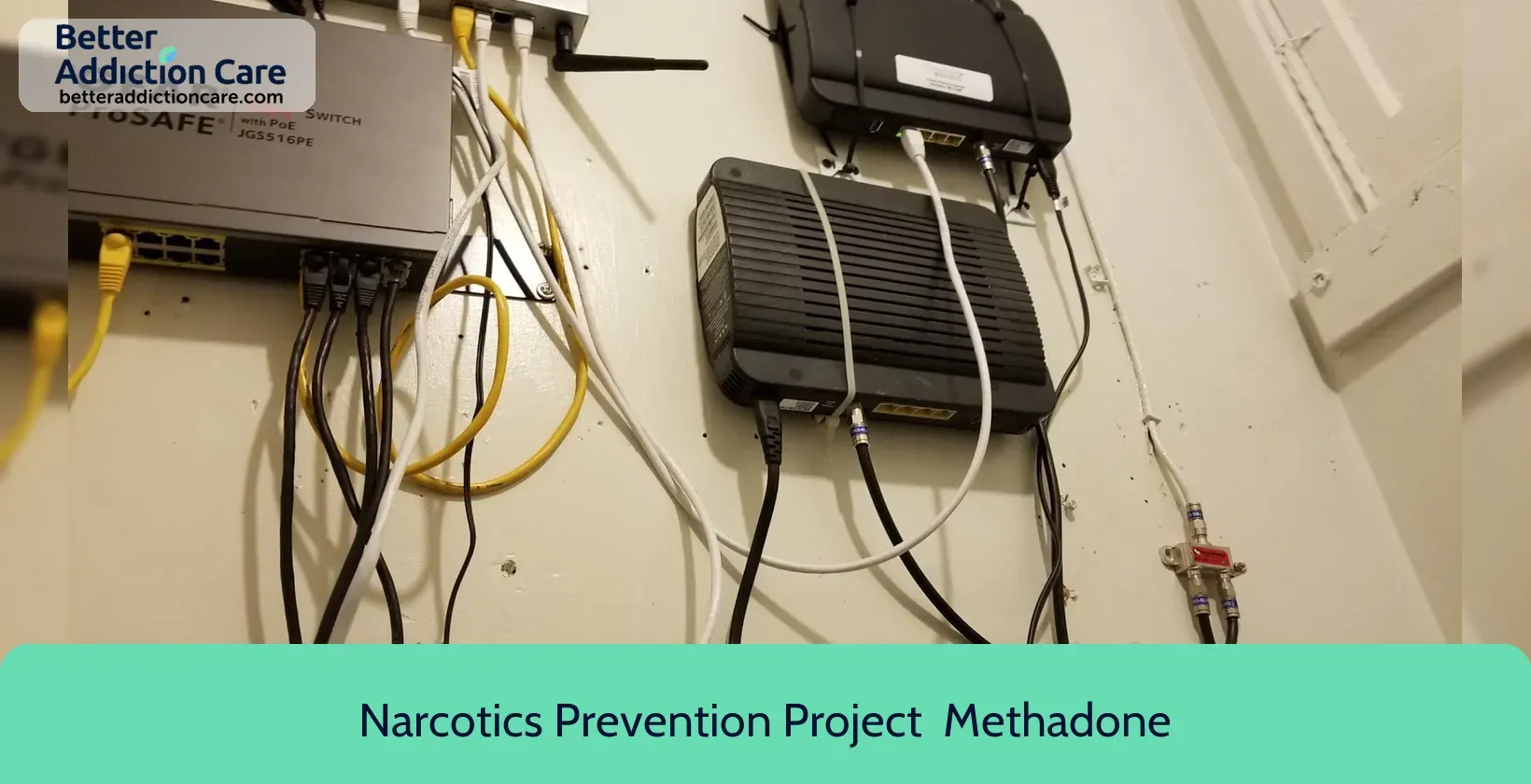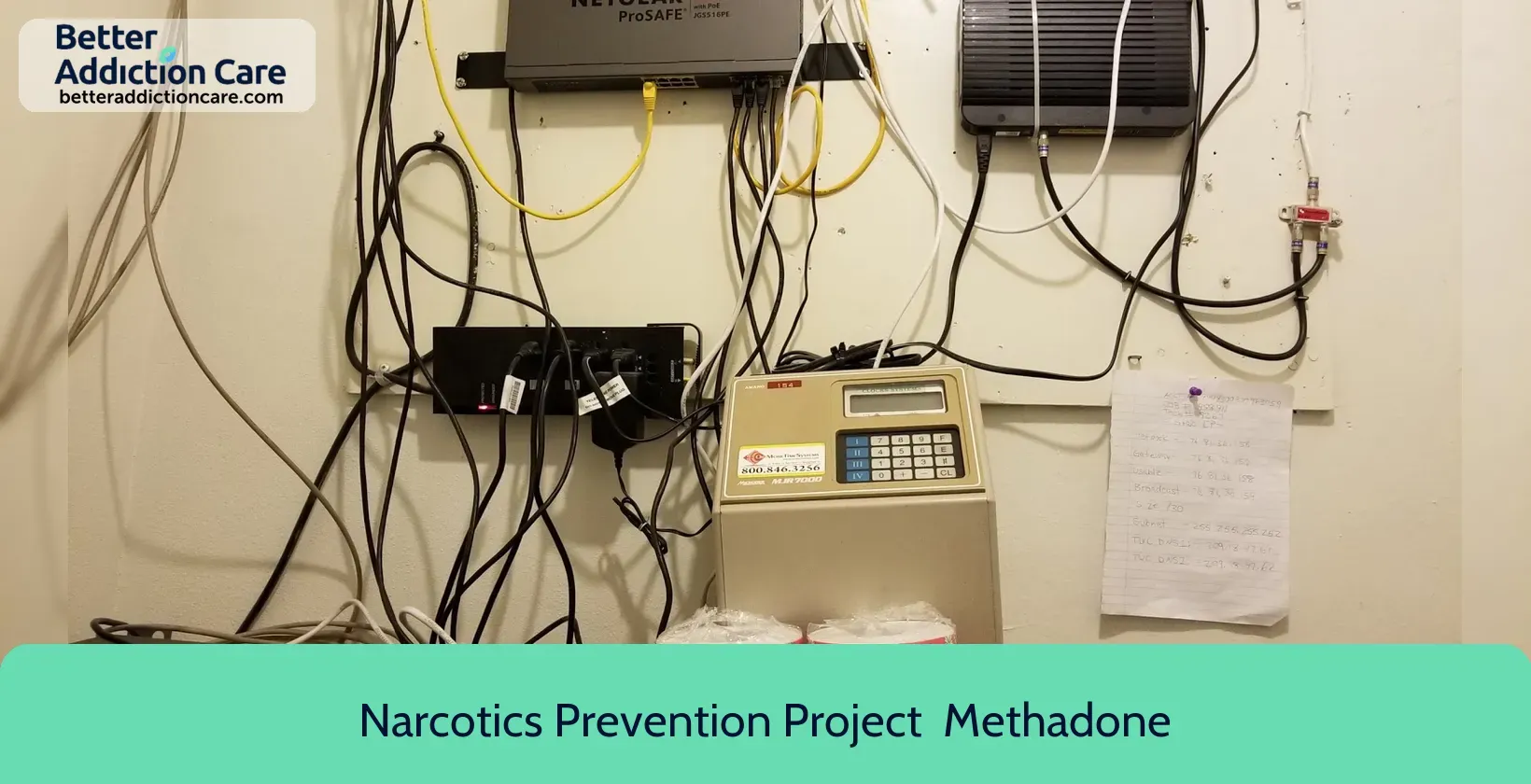Narcotics Prevention Project - Methadone Treatment
Overview
Narcotics Prevention Project - Methadone Treatment is a substance abuse treatment center for people seeking treatment near Los Angeles County. As part of their treatment modalities for recovery, Narcotics Prevention Project - Methadone Treatment provides group counseling, trauma-related counseling, and individual psychotherapy during treatment. Narcotics Prevention Project - Methadone Treatment is located in Los Angeles, California, accepting medicaid for treatment.
Narcotics Prevention Project - Methadone Treatment at a Glance
Payment Options
- Medicaid
- Cash or self-payment
- State-financed health insurance plan other than Medicaid
- Sliding fee scale (fee is based on income and other factors)
- Medicare
Assessments
- Comprehensive mental health assessment
- Comprehensive substance use assessment
Age Groups
- Adults
- Young adults
Operation
- Private non-profit organization
Highlights About Narcotics Prevention Project - Methadone Treatment
6.71/10
With an overall rating of 6.71/10, this facility has following balanced range of services. Alcohol Rehabilitation: 8.00/10, Drug Rehab and Detox: 6.62/10, Insurance and Payments: 6.00/10, Treatment Options: 6.24/10.-
Alcohol Rehabilitation 8.00
-
Drug Rehab and Detox 6.62
-
Treatment Options 6.24
-
Insurance and Payments 6.00
Treatment At Narcotics Prevention Project - Methadone Treatment
Treatment Conditions
- Alcoholism
- Mental health treatment
- Opioid Addiction
- Substance use treatment
- Co-occurring Disorders
Care Levels
- Outpatient methadone/buprenorphine or naltrexone treatment
- Detoxification
- Outpatient
Treatment Modalities
- Group counseling
- Trauma-related counseling
- Individual psychotherapy
Ancillary Services
Languages
- Spanish
Special Programs
- Pregnant/postpartum women
- Clients who have experienced trauma
Get Help Now
Common Questions About Narcotics Prevention Project - Methadone Treatment
Contact Information
Other Facilities in Los Angeles
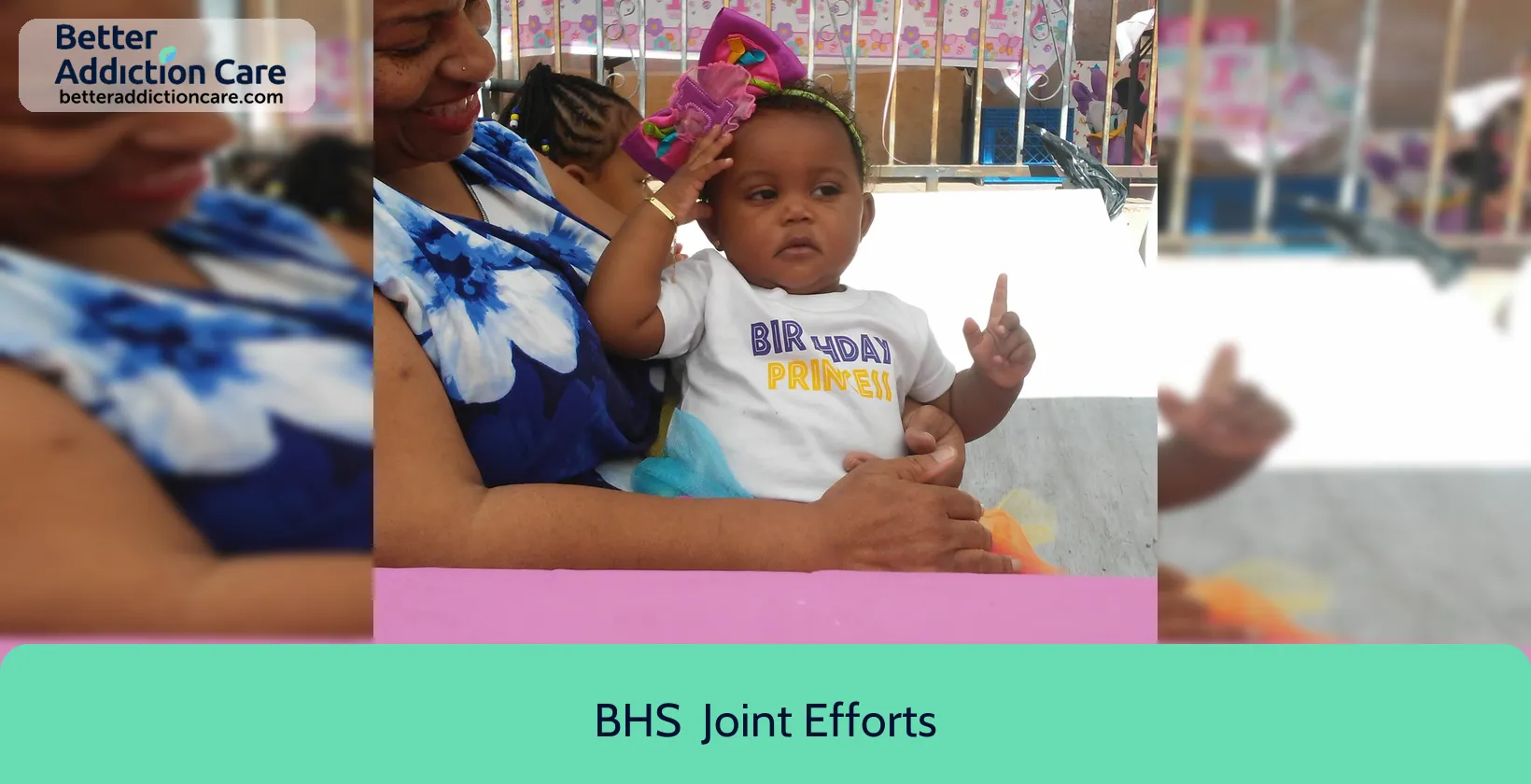
6.68
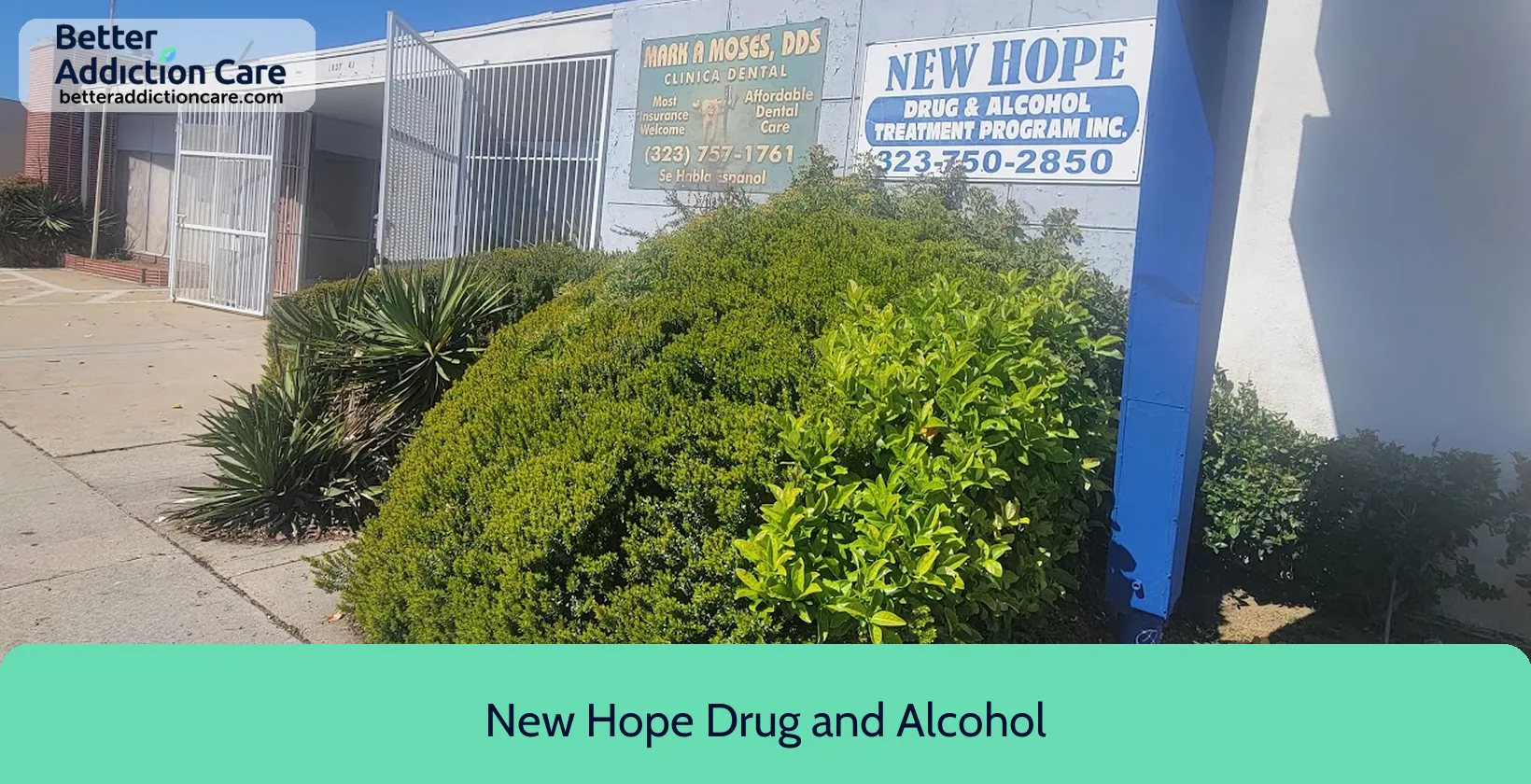
6.65
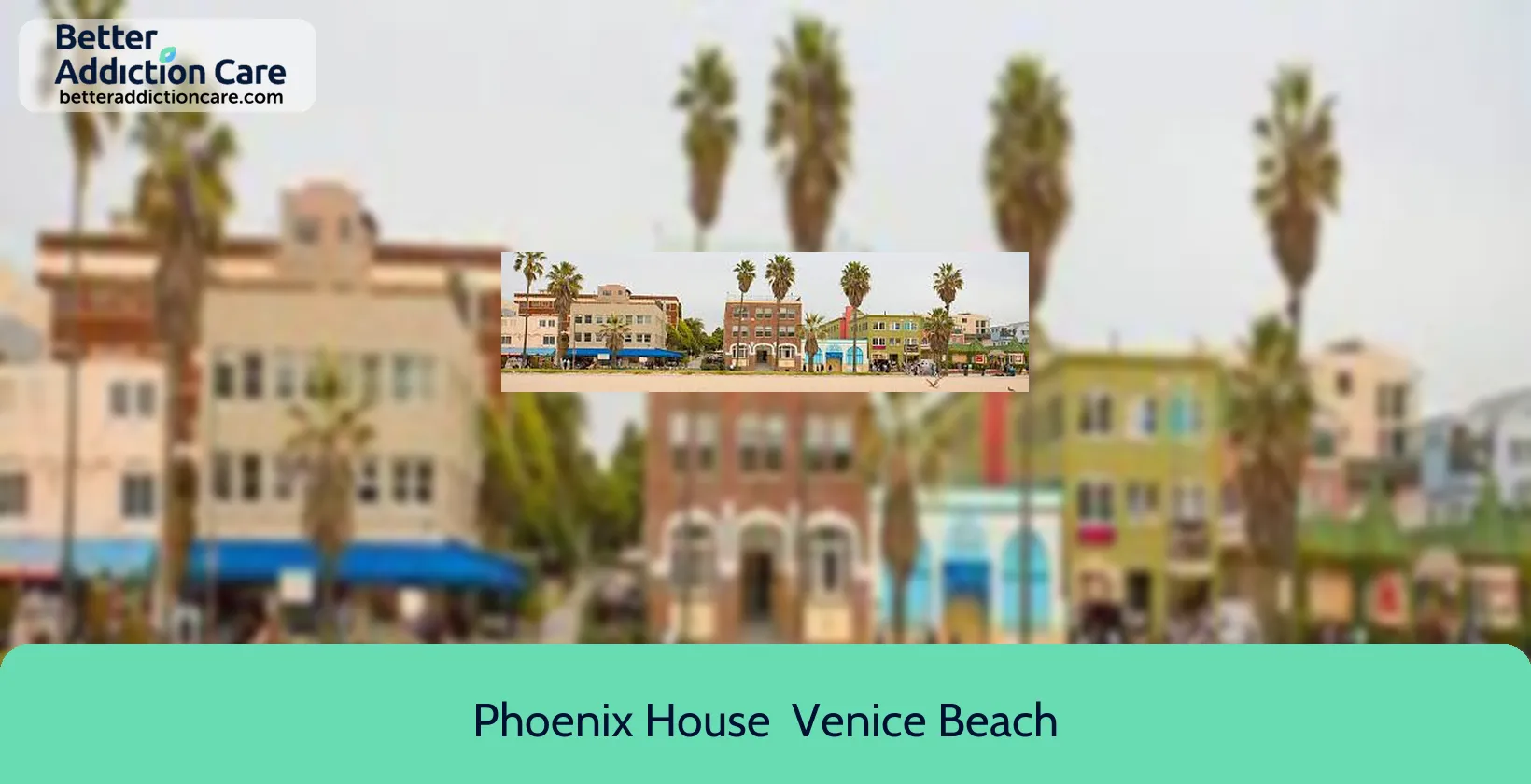
6.68
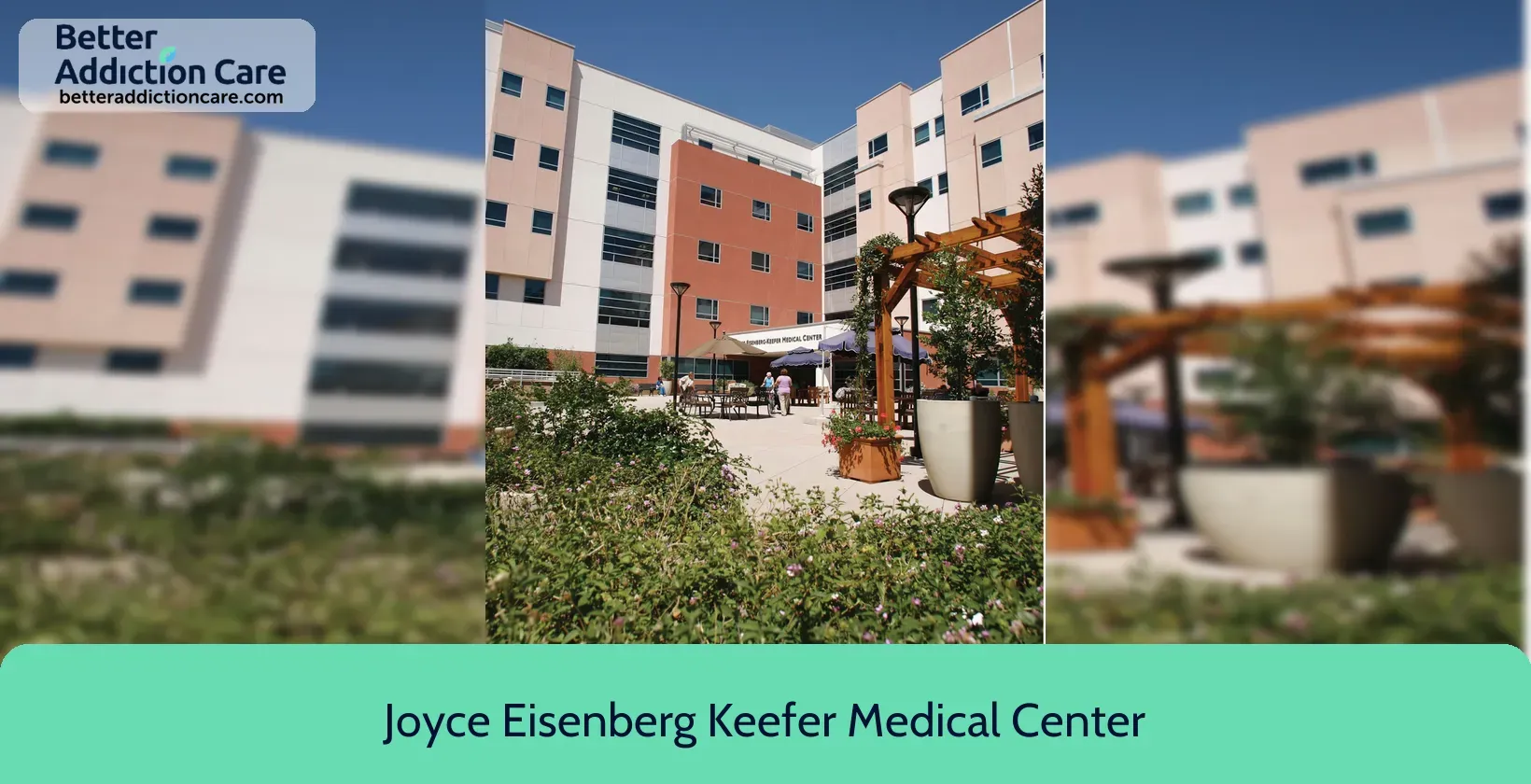
6.62
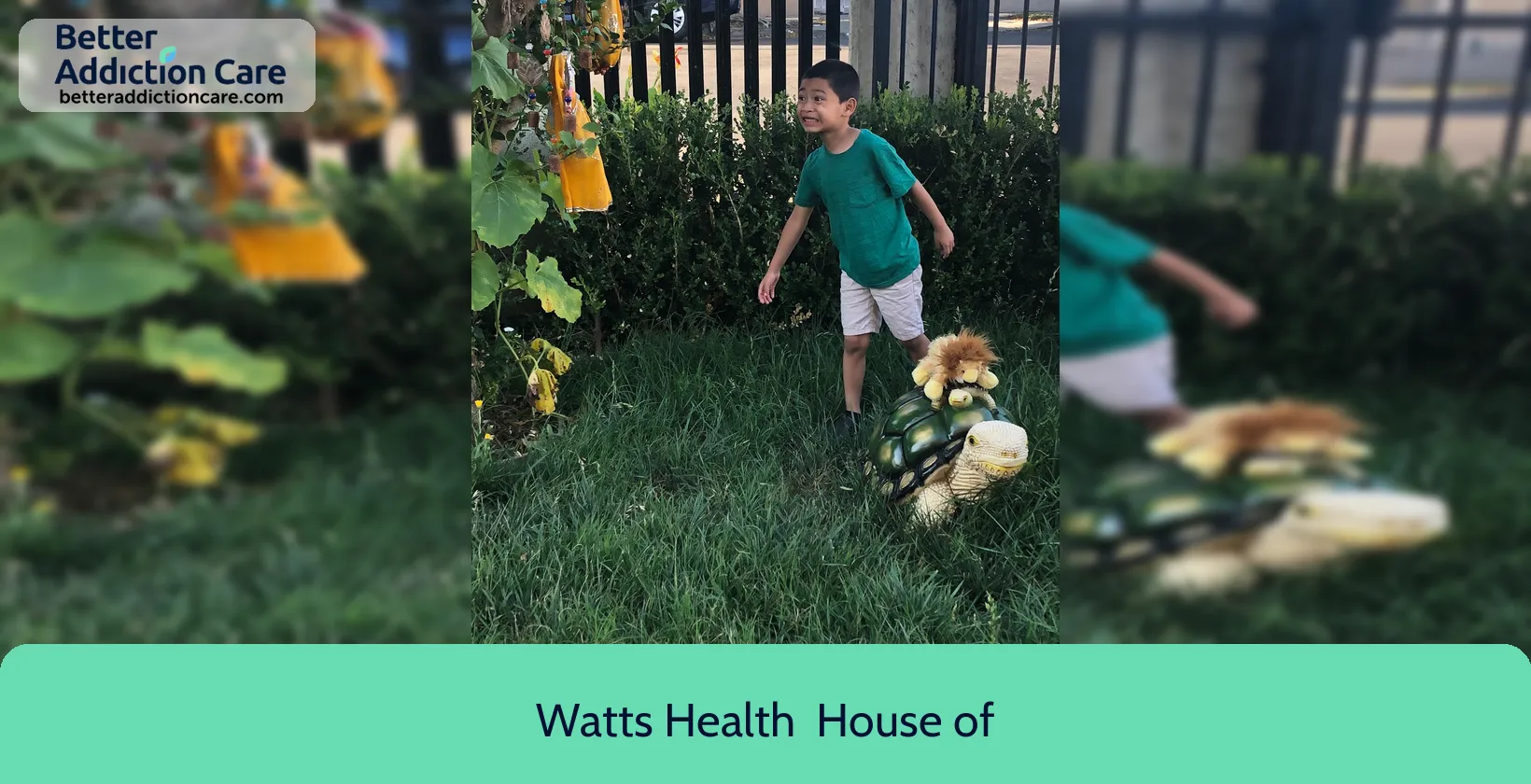
6.77
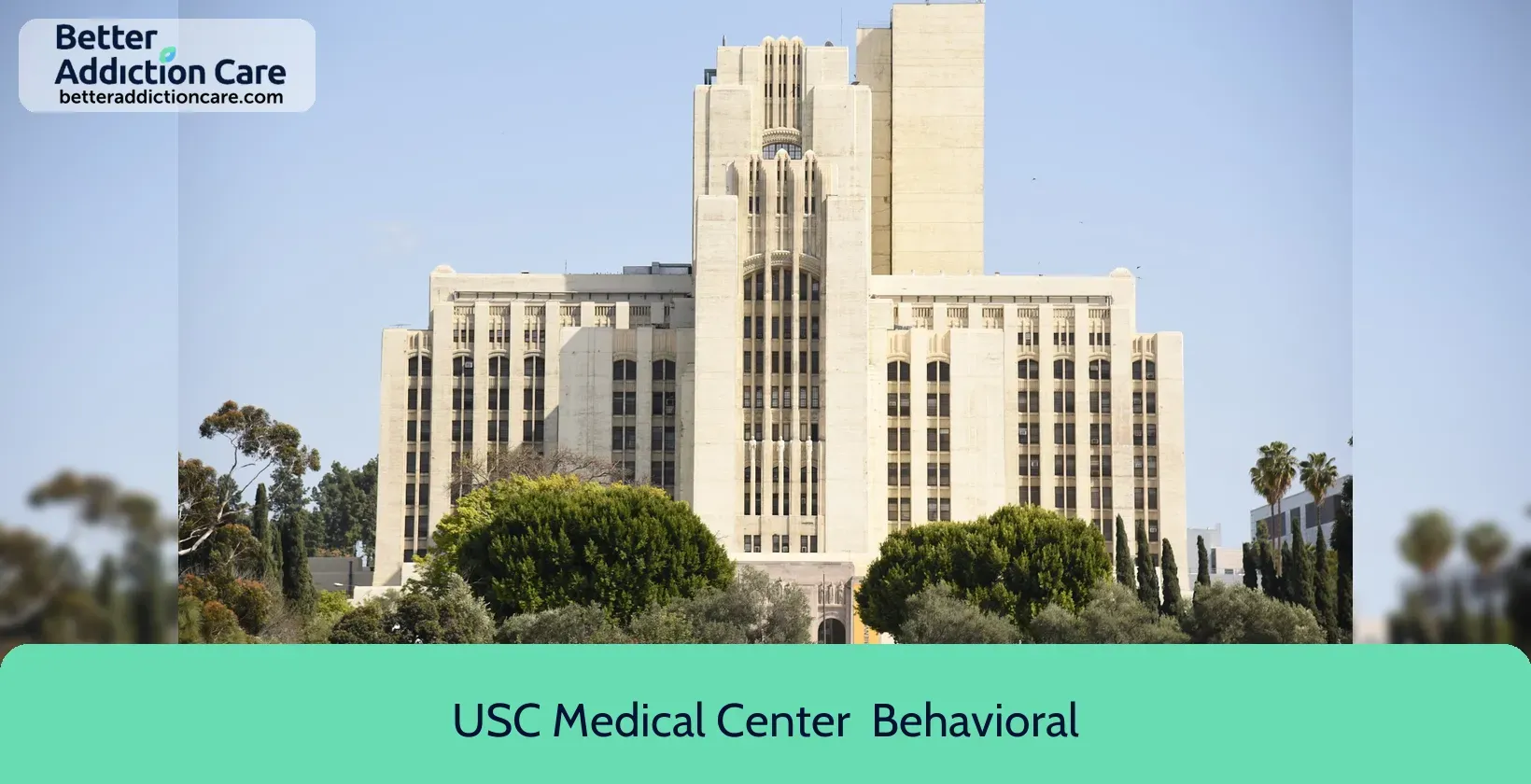
6.74
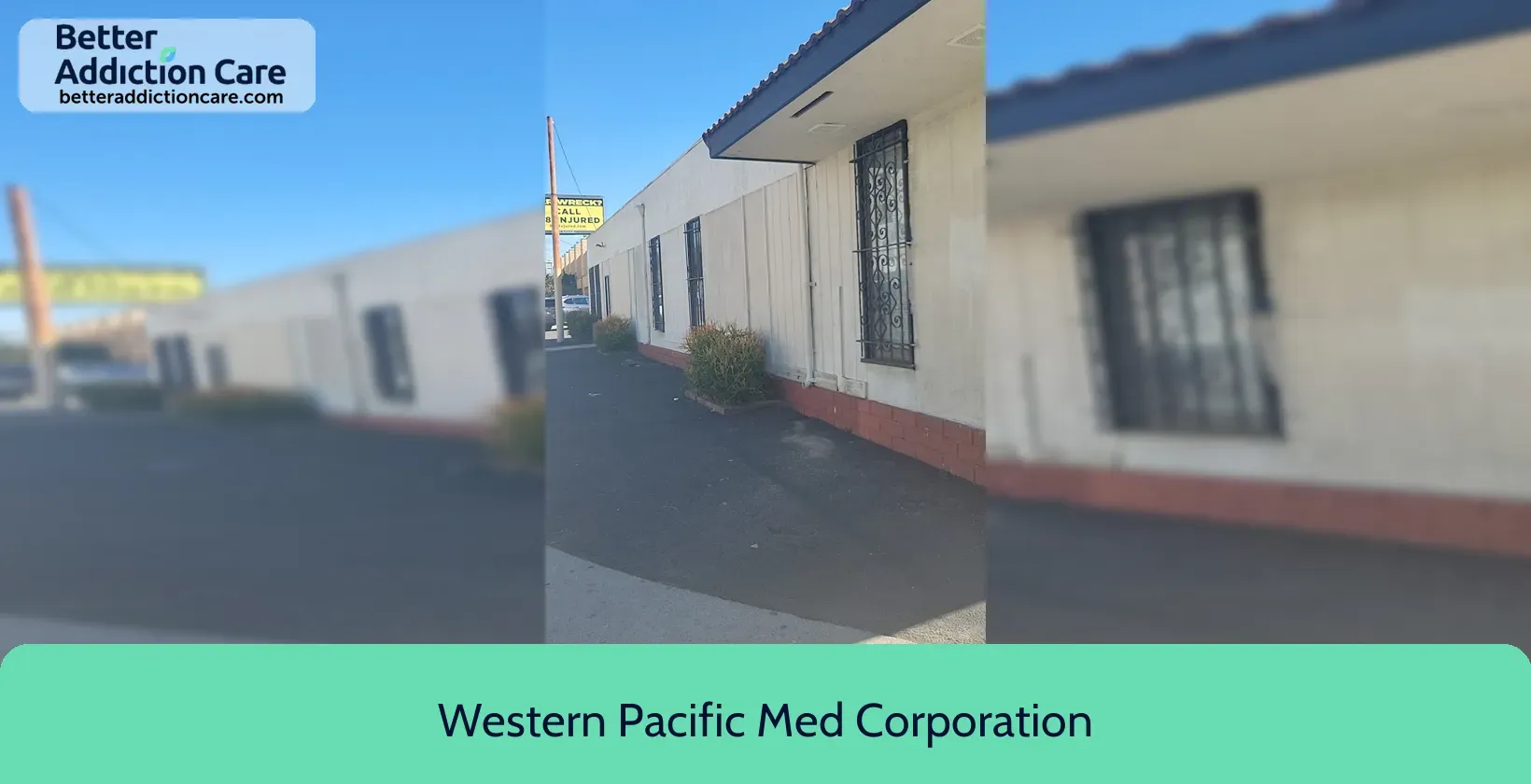
6.50
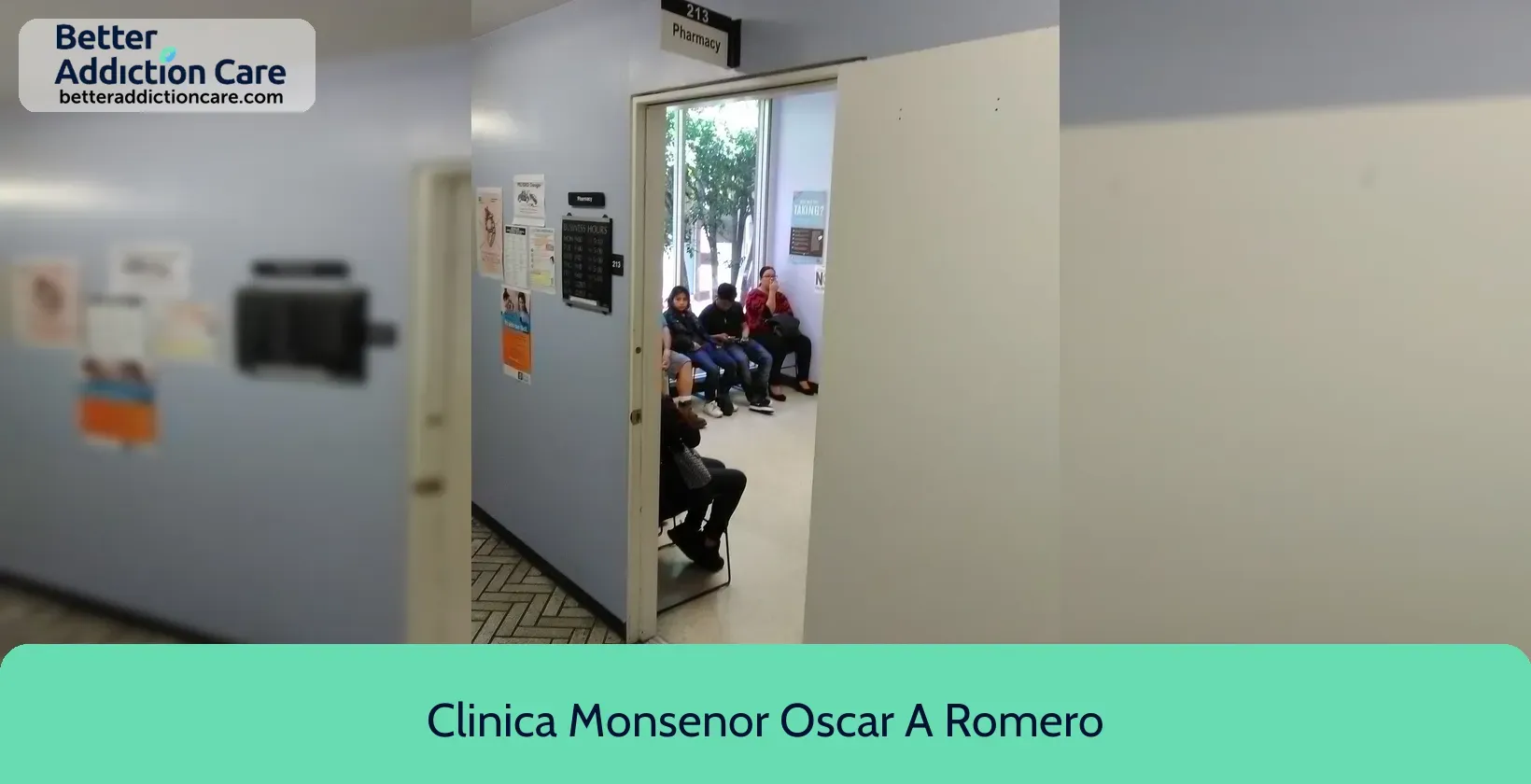
6.56
DISCLAIMER: The facility name, logo and brand are the property and registered trademarks of Clinica Monsenor Oscar A Romero, and are being used for identification and informational purposes only. Use of these names, logos and brands shall not imply endorsement. BetterAddictionCare.com is not affiliated with or sponsored by Clinica Monsenor Oscar A Romero.
